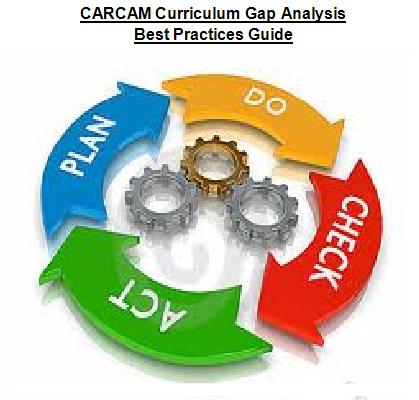
MARTIN CAMPUS
Shelton State Community College is part of a state system of public colleges. This system originated in the Alabama Trade School and Junior College Authority Act enacted by the state legislature in May 1963. The governing board for the institutions within this system is the Alabama State Board of Education (ASBE) and the Chancellor, Alabama College System, Department of Postsecondary Education, is the chief executive officer of the system.
Shelton State Community College was established by resolution of the ASBE on January 1, 1979. That resolution combined two existing institutions: Shelton State Technical College, established in 1952, and the Tuscaloosa branch campus of Brewer State Junior College, an institution whose main campus was located in Fayette, Alabama. The Tuscaloosa branch campus of Brewer State had been in operation since 1972.
C. A. FREDD CAMPUS
In 1994, Shelton State Community College consolidated with C. A. Fredd State Technical College, another public two year college located in Tuscaloosa. The new institution created by the consolidation retained the name of Shelton State Community College, and the president of Shelton State was named president of the consolidated institution. The institution now called Shelton State Community College, C. A. Fredd Campus, was created by the state legislature in 1963 as Tuscaloosa State Trade School. In 1974, the institution became Tuscaloosa State Technical College and was authorized by the ASBE to grant the associate degree. In 1976, the college name was changed to C. A. Fredd State Technical College to honor the first president of the institution. C. A. Fredd State Technical College was recognized as one of the nation’s Historically Black Colleges and Universities. The C. A. Fredd Campus of Shelton State Community College maintains that identity and continues the specific HBCU mission of promoting educational access and opportunity for all students in a culturally diverse community.
ALABAMA COMMUNITY COLLEGE OF THE FINE ARTS
In 1997, in recognition of its contributions to and potential in the music, dance, and theatre, the Alabama Legislature, by joint resolution, designated Shelton State Community College as the Alabama Junior College of the Fine Arts.
The mission statement for the State Junior College of the Fine Arts:
To provide accessible, inclusive educational and cultural opportunities for students and citizens of Alabama through quality instruction and innovative arts programming.
Blending public and private institutions, amateurs and professionals, technology and tradition, the college encourages the development of excellence in a broad range of artistic expressions.
In 1998 Shelton State and Theatre Tuscaloosa founded The Alabama Stage and Screen Hall of Fame to honor Alabamians, by birth and adoption, who have made significant contributions to film, television, or theatre. Inductees include Tallulah Bankhead, Rebecca Luker, Truman Capote, George Lindsey, Dean Jones and Hugh Martin. The annual Gala to commemorate inductees (held each year on the Martin Campus) has become one of the most significant cultural events in Alabama.
Visit our website at https://www.sheltonstate.edu/









